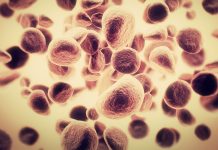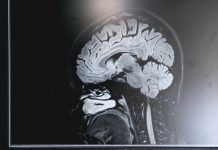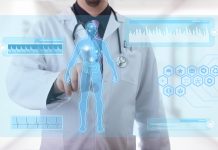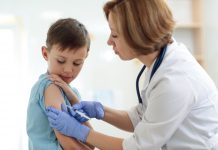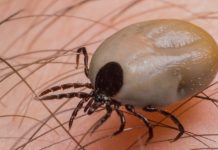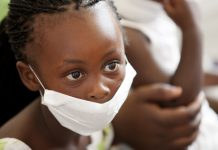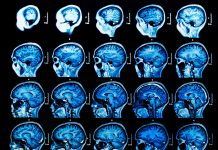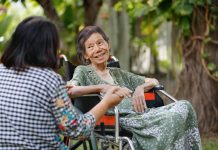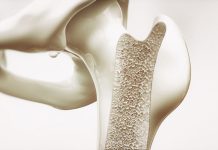Home 2022
Archives
Understanding Hydra Regeneration
Here, Charisios Tsiairis from Friedrich Miescher Institute for Biomedical Research explores Hydra Regeneration and the genetic programs that make it possible.
Killing cancer softly: The resolution of cancer lies in tumor cells
Dr Dipak Panigrahy, M.D., an Assistant Professor at Harvard Medical School looks at killing tumor cells to resolve the cancer epidemic.
Alzheimer’s drug slows memory decline in phase 3 trial
Henry Scowcroft from Alzheimer’s Research UK, argues that an Alzheimer’s drug, lecanemab, can slow memory decline in a phase 3 trial.
Managing chronic disease with individualized metabolomics & artificial intelligence
Christopher Gerner from the Joint Metabolome Facility at the University of Vienna, Austria, walks us through what we need to know about managing chronic disease by individualized metabolomics & artificial intelligence.
Tuberculosis drug regimens and their efficacies
Andrew Nunn, Professor of Epidemiology in the Medical Research Council Clinical Trials Unit at UCL, analyses tuberculosis drug development.
Is CB₂R a hidden treasure trove for treating inflammatory diseases?
Expert scientists working on endocannabinoid system (ECS) trials explain how CB₂R can be used to treat inflammatory diseases.
Tick-borne Diseases Transmission Research: Co-Feeding in Ticks
Tick-borne diseases such as Lyme disease and tick-borne encephalitis are primarily transmitted during the blood feeding process, through systemic and co-feeding horizontal transmission routes.
Treatment decision algorithms for childhood tuberculosis
James Seddon, Reader in Global Child Health at Imperial College London, discusses the development of treatment decision algorithms for childhood tuberculosis.
Neurodegeneration in multiple sclerosis: retinal imaging as a biomarker
Therapeutic strategies for multiple sclerosis reduce the number of relapses and improve quality of life early in the disease course, nevertheless, neurodegeneration ultimately gives rise to permanent disability.
A Bluetooth tracking device to aid the search for older people with dementia who...
Getting lost can affect caregivers and families of older people with dementia – now, a Bluetooth tracking device can assist the search for their...
The Act-Belong-Commit ‘ABCs of Mental Health’ campaign for mental health promotion
A simple research-based model for mental health promotion in practice could improve mental health and wellbeing in the whole population.
Preventing autoimmune diabetes in genetically susceptible people
Department of Biochemistry - Microbiology and Immunology - University of SaskatchewanCan we now envisage antigen-specific therapies to prevent and treat organ-specific autoimmune diseases, such as autoimmune diabetes?
Part 4: Scientific sunburn & skin cancer
In this last of a four part series, Chanda Siddoo-Atwal, President and Primary Biochemist of Moondust Cosmetics Ltd, explores the potential of the plant compound, resveratrol, as a cancer chemopreventive agent in the context of sunburn & skin cancer.
The threat of viral haemorrhagic fevers in Tanzania
Sima Rugarabamu from the SACIDS Foundation for One Health, Sokoine University of Agriculture, Tanzania details the new understanding of viral haemorrhagic fevers in Tanzania.
Improving the quality of life for people with brittle bone disease: Osteogenesis Imperfecta
Pascale V Guillot, at the University College London, looks toward improving the quality of life for those with Osteogenesis imperfecta, a chronic health condition called brittle bone disease.
Identifying adult-onset type 1 diabetes
Liping Yu, at the Barbara Davis Center for Diabetes, highlights how we can recognise and diagnose adult-onset type 1 diabetes.



